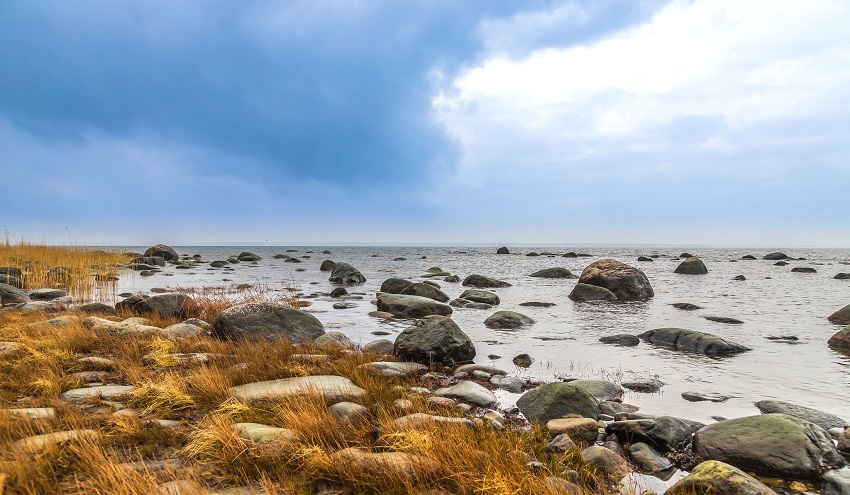The aim of the agreements is to regulate cooperation between countries on the sea, with the main emphasis of combating marine pollution

There are many agreements for the protection of the seas in the world. Estonia has joined several of them [1]. The aim of the agreements is to regulate cooperation between countries on the sea, with the main emphasis of combating marine pollution.
The most important international conventions are those of the United Nations and the International Maritime Organization (IMO).
The United Nations Convention on the Law of the Sea (UNCLOS) governs the general rights and obligations of states worldwide in the use and protection of the sea. Estonia acceded to the convention in 2005 [2]. The purpose of this agreement is to establish measures to prevent, reduce, and control pollution of the sea from any source.
Estonia joined the International Maritime Organization (IMO) in 1992. The IMO has a number of agreements, the most important of which deal with the fight against marine pollution:
- The IMO International Convention for the Prevention of Pollution from Ships (MARPOL) governs the prevention of various types of pollution from ships. The convention entered into force in Estonia in 1992, its additional protocol entered into force in 2005 [3].
- The International Convention Relating to Intervention on the High Seas in Cases of Oil Pollution Casualties 1969 (INTERVENTION 1969) aims to protect the beaches and the interests of countries on the coast in the event of oil spills on the high seas [4].
- The London Convention and Protocol (LC&P) aims to combat marine pollution caused by the dumping of waste and other matter. It entered into force in Estonia in 2008 [5].
A very important agreement on marine protection for Estonia is the Helsinki Convention, i.e. the Convention on the Protection of the Marine Environment of the Baltic Sea Area, which aims to protect the entire Baltic Sea area from all sources of pollution and to restore and protect the ecological balance of the Baltic Sea. Read more about HELCOM here.
In addition to pollution, the good condition of the sea is threatened by alien species. Alien species become dangerous when they threaten the functioning of our natural ecosystem, for example by destroying existing habitats or species through their activities. Alien species often end up in the sea with ballast water. Therefore, it is very important that Estonia has acceded to the IMO International Convention for the Control and Management of Ships’ Ballast Water and Sediments.
Last modified: 11.01.2022
___________________________
[1] Vt ka https://envir.ee/vesi-mets-maavarad/merekeskkonna-kaitse/rahvusvahelised-lepingud
[2] https://www.riigiteataja.ee/akt/911675
[3] https://www.riigiteataja.ee/akt/13147017
[4] https://www.riigiteataja.ee/akt/13032218